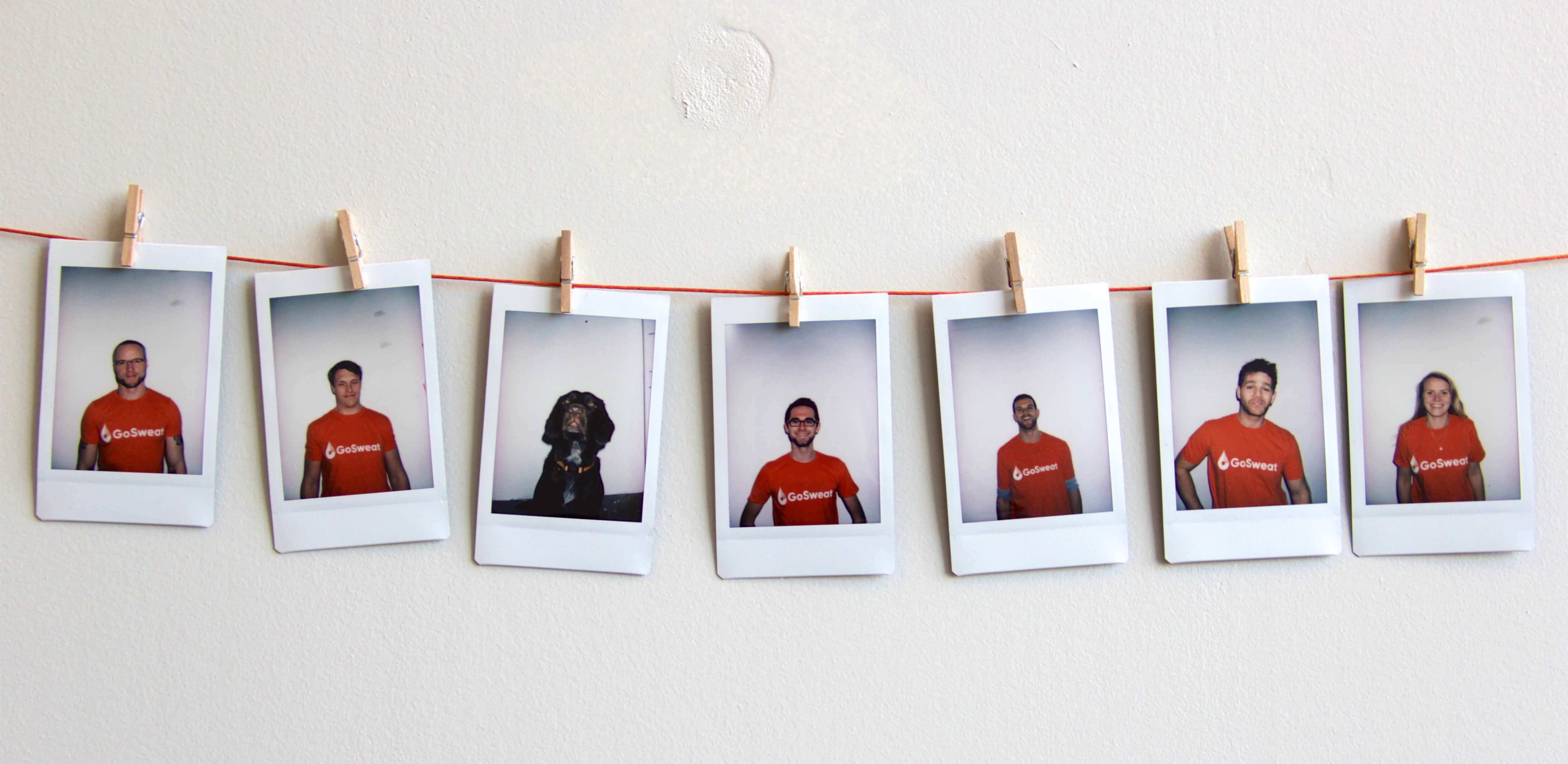Go Sweat tell us about their aspirations for Data Pitch and beyond.
Hayfever affects up to 25% of all adults in Europe, and this number is set to rise as climate change impacts air quality and allows new plants and pollen types to migrate north into Europe from warmer regions. For anyone who exercises outdoors, hayfever threatens to disrupt usual fitness routines.
UK-based startup Go Sweat, a two-sided marketplace that connects the supply with the demand for fitness classes, is developing a new product to help sufferers minimise the impact of hayfever on their health and wellbeing, and to help providers minimise booking losses. We spoke to Co-Founder and CTO Kent McClymont about what their plans for Data Pitch.
What do you hope to achieve on the Data Pitch accelerator?
We’re building an app that ties personal wellbeing needs with practical fitness solutions. We aim to significantly speed up the development of our open data-powered recommendation and alerts system.
What shared data will you work with and how will you use it?
We’re working with the MET Office’s forecast data as part of the Weather and Climate Change Challenge (creating social and economic value by reducing the impact of climate change).
Using the pollen and other forecast data, we aim to help our users overcome the challenges of hayfever when working out and keeping fit outdoors by sending them personalised alerts, based on pollen forecasts, and recommend different activity types. These predictions will also be shared with activity providers to help them adapt to changes in bookings.
Why do you think it is important for startups to work with large scale data providers?
Large scale data allows startups to augment often small data sets with tangible value. This data often comes at a quality and depth that startups are unable to achieve on their own.
What’s the best thing about working with data?
Startups can experiment at speed and in ways that larger organisations cannot. The combination of large scale data and startup agility is a powerful catalyst for innovation and change.
If you could change one thing about the data ecosystem what would it be?
We’d like to see greater trust between organisations when sharing data, and a will to experiment with potential partnerships.

